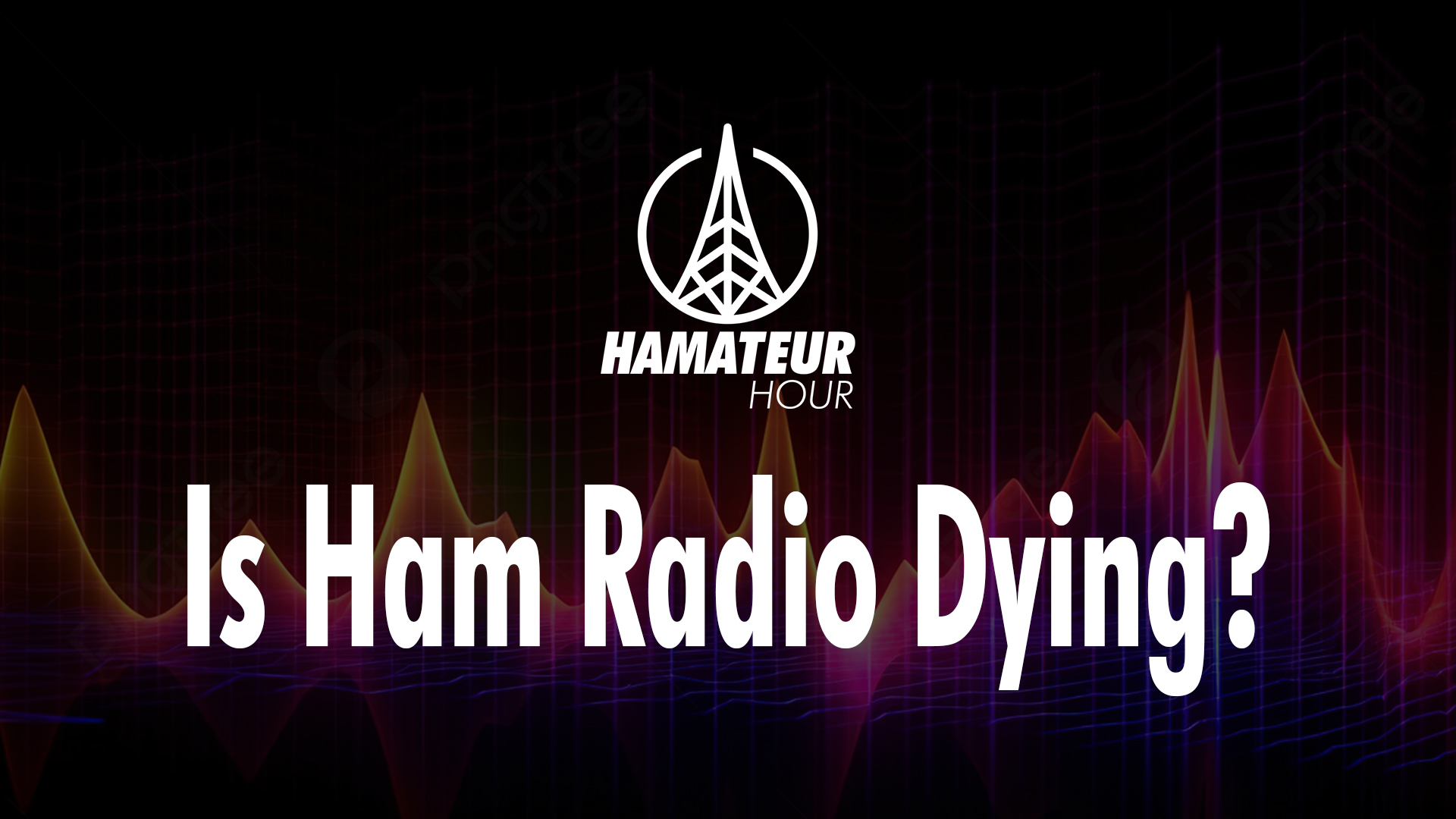While scrolling through X, I stumbled across another post lamenting the decline of ham radio. It’s a recurring theme, and as a newly licensed operator (just a few months in), I feel compelled to share my perspective.
Why does this narrative of decline keep resurfacing? The core issue is simple: the hobby is aging out. Older operators are passing on, and younger people aren’t joining in droves. Here’s why I think this is happening and what we can do about it.
The Generational Divide
Younger generations have grown up with the internet in their pockets and constant, instant global connectivity. To them, ham radio can seem like an outdated, sometimes unreliable relic. Why study for a test to access a hobby that, from the outside, doesn’t look all that exciting? Even if they clear the Technician license hurdle, what do they get? VHF/UHF, repeaters, a sliver of 10 meters, and some CW privileges on other bands. Is that the most inspiring introduction to ham radio? Hardly.
VHF/UHF and repeaters are often quiet these days. Digital modes like DMR or D-STAR keep things alive, but they’re complex for newcomers to navigate. The 10-meter band is mostly a daytime affair and fades during low solar cycles. And suggesting newbies learn Morse code (CW) to access other bands? That’s a tough sell in 2025. The reality is, many new Technicians experiment briefly, get bored, and either let their license lapse or never upgrade. The entry-level experience isn’t showcasing the hobby’s full potential.
A Simple Solution: Rethink Licensing
To spark excitement, let’s merge the Technician and General licenses. Give new operators immediate access to the full HF spectrum, where they can make global contacts and experience the thrill of ham radio. The tests for Technician and General are already similar, combining them wouldn’t lower standards but would open the door to the hobby’s most engaging aspects. Keep the Extra class for those chasing higher power limits or exclusive band segments, but let new Generals run up to 100W across the amateur spectrum. Show newcomers the magic of HF from day one.
The Gatekeeping Problem
Unfortunately, there’s resistance to change. Some veteran operators, often Extra class, cling to tradition and their hard-earned privileges. There’s an “I had to earn it, so should you” mentality that stifles innovation and discourages newcomers. This gatekeeping, coupled with skepticism toward new modes and technologies, creates an unwelcoming vibe. Some fear that opening HF to new licensees would lead to chaotic airwaves, but this concern feels overblown. Licensed operators are generally rule-abiding, and the FCC’s lax enforcement means chaos isn’t a widespread issue now, nor would it be with broader access. If someone wants to cause trouble, they could already do so with an off-the-shelf radio, yet we don’t see rampant interference.
Why This Matters Now
The FCC’s recent “Delete, Delete, Delete” memo signals a push to deregulate and reallocate spectrum to save resources. If ham radio bands go quiet, we risk losing them to commercial interests. A vibrant, active community is our best defense. By welcoming new operators to HF and showcasing the hobby’s potential, we can keep the bands buzzing and secure their future.
Let’s Build a New Era for Ham Radio
It’s time to shed outdated mindsets and embrace a new generation of operators. Let’s make the entry point exciting, accessible, and inspiring. What are your ideas for attracting and retaining new hams? Email me at K8WOORadio@gmail.com, and I’ll share the best suggestions in a future post and video. Together, we can revitalize this incredible hobby for years to come.

